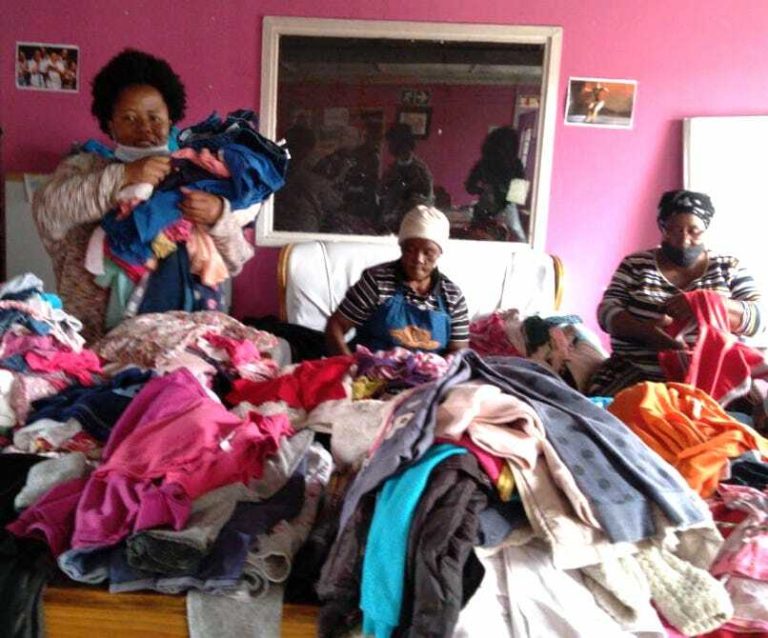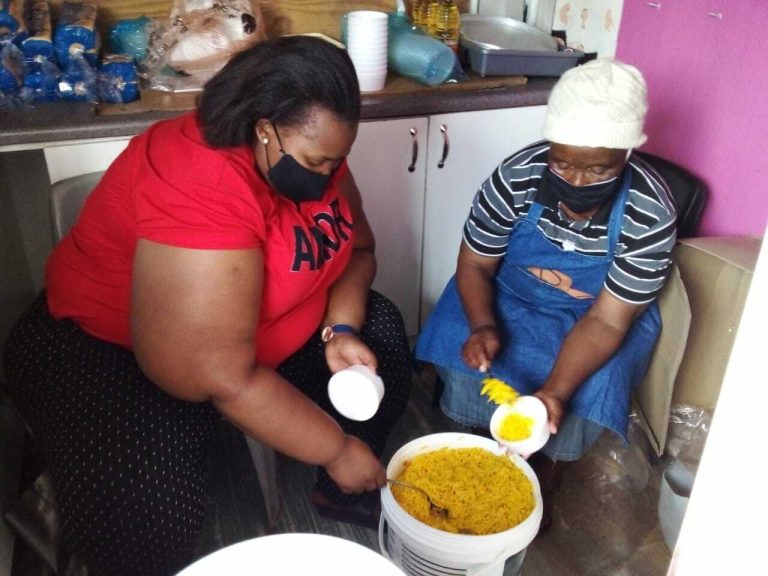Some lessons from Corona times
7 March 2021 | Astrid von Kotze ALE under Covid-19
The language of enemy, fighting, defense –the crisis of Covid-19 has been described as a war akin to the world wars. But while then country was pitted against country, this one has a common enemy and requires global collaboration to fight and defeat it.

By now, people no longer die from the virus – they are killed by it. Nature is hostile, it is ‘the other’. But then – ‘we are the other, too’ (Frank Zappa): we have created the conditions for both the virus and the spread of it by destroying ecosystems and the balance of the earth. The real disease, suggests Kumi Naidoo, is ‘affluenza’: the underlying inequalities and injustice of our societies. It is said that the virus does not discriminate – but the pandemic highlights the vast inequalities. The wealthy have much better conditions for self-isolating, procuring food and accessing decent health care than the precarious and newly unemployed living from hand to mouth.
PIMA members recently chatted on zoom about the climate crisis and C19: how we have to adapt our learning to the current crisis and how and what we can learn in the crisis. In South Africa there may be some learning happening as community action networks (CANs) are formed.
Across geographic divides based on the apartheid history of separating people depending on race and class, different CANs form ‘partnerships’ and link up for support. In reality and not surprisingly, wealthy areas mobilise some of their ample resources for distribution to poor communities. They pass on specialist scientific information, sometimes made more accessible for second-language speakers through rendition into plain language. They purchase internet data and electricity vouchers for ‘partner’ organisers so that communication can be maintained.
The people in the lead of poor communities are mainly women who are imaginative and resourceful. They are able to feed their households, work as care-givers for children, the sick, disabled and elderly. They take on voluntary work as they keep their household going while generating income through piece-meal employment.

But the (white) wealthy women have rarely asked themselves: What is it the women in the townships know, and how do they come to know and are able to do so many things that I never knew about? Suddenly, respect grows – and ‘the other’ becomes more fully human in the eyes of ‘the other’. There is a potential that we begin to learn not just from, but with each other – in what Freire called dialogue- as members of CANs share information and skills, question each other and begin to build new understandings.
A partnership suggests more than one-way consulting, but active collective decision-making. So when the distributors of goods request Vitamin C supplements to boost their immune systems, should the wealthy CAN comply – or use this as a moment to promote healthy nutritional habits? Should they gently convey the message that ‘needs’ are created and there are alternative ways to boost immune systems – for example through eating seasonal locally available and affordable vegetables and fruit? Is this a ‘learning moment’? Or, as some would suggest, would this be a patronizing gesture that denies others from getting what they want?
How do we extend the opportunity to learn from this crisis? What are the intellectual, emotional, social capabilities and resources that we (who have had access to education, markets, jobs) have been blind to?
It is time to build real partnerships. Together, we may dialogue on how wellbeing is not based on accumulation but on enough-ness for all. If I am through you, and if my well being is contingent upon yours – then reciprocity, mutuality, ‘ubuntu’, must become the basis of all our living. We have an opportunity to re-build, on different premises and moral foundations. Adult / community education has an important role to play in this – but only if we follow the notion that we are all learners, and all educators, and we must listen carefully.
Footnotes
1. https://genius.com/Frank-zappa-mother-people-lyrics
we are the other people....
Kumi Naidoo
3. PIMA = Promoting, Interrogating and Mobilising Adult Learning and Education